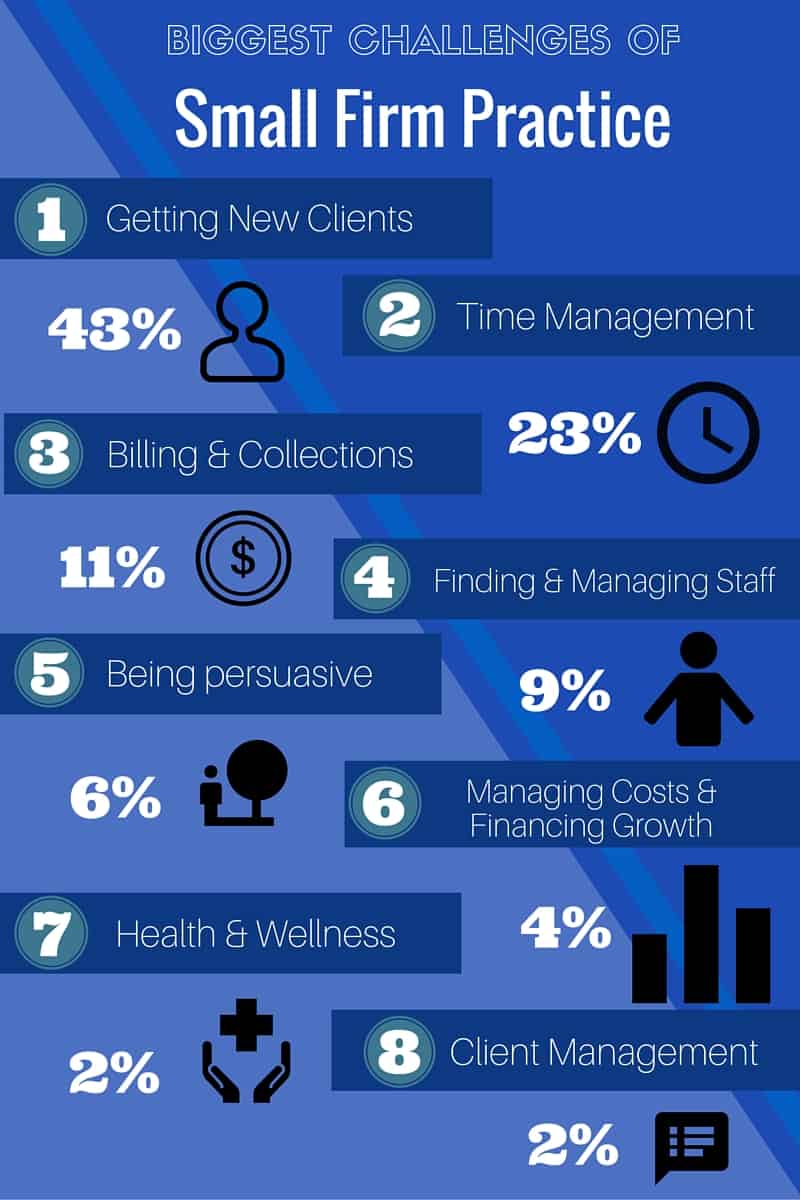The Contribution Of Evidence In Criminal Protection: Key Points You Required To Understand
The Contribution Of Evidence In Criminal Protection: Key Points You Required To Understand
Blog Article
Author-Wrenn McCormack
When you consider criminal protection, evidence is commonly the first thing that comes to mind, and completely factor. It's the foundation upon which your case stands, shaping the story and influencing the court's understanding. Read Significantly more of evidence, from physical to electronic, each play a distinct duty in developing a protection. However not all evidence is treated equally; admissibility criteria can make or break your defense strategy. Comprehending these nuances is important, particularly when considering how they can influence the end result of a trial. So, what should you know about these requirements?
Types of Evidence
When it comes to criminal defense, recognizing the sorts of evidence can make all the difference in your instance. Proof falls under a number of groups, each playing a critical function in developing the realities of your circumstance.
One common kind is testimonial proof, which includes declarations made by witnesses. Their accounts can supply insight into what took place and can either sustain or challenge the prosecution's cases.
Physical evidence is another essential kind, incorporating substantial products like tools, apparel, or finger prints. This type of evidence can directly link you to a criminal offense or help refute allegations against you.
After that there's documentary proof, which includes records, photos, or any written materials pertinent to your situation. These papers can give a timeline or context that's vital for your protection.
Finally, you can't neglect digital evidence, that includes data from smartphones, computer systems, or social media sites. This sort of evidence can reveal critical details concerning your activities or interactions.
Admissibility Criteria
In criminal defense, the admissibility of proof is critical to your case's end result. You'll require to understand the criteria that identify whether proof can be utilized in court. Usually, proof needs to matter, dependable, and obtained legally to be thought about permissible.
Importance indicates the proof must straight connect to the instance and help show or refute a reality at issue. If it doesn't connect to your defense or the costs versus you, it may be excluded.
Integrity makes sure that the proof is legitimate and trustworthy; for instance, eyewitness testament can be called into question if the witness has a background of undependable accounts.
Furthermore, proof must be collected based on lawful treatments. Any type of proof obtained via prohibited means, such as an unlawful search or seizure, might be deemed inadmissible under the exclusionary guideline.
Comprehending these standards can encourage you to work properly with your lawyer. They'll navigate the intricacies of these guidelines to strengthen your defense, guaranteeing only the very best evidence is presented in your favor.
Constantly keep in mind, the admissibility of proof can substantially affect the jury's assumption of your instance.
Effect On Defense Techniques
The admissibility of proof straight shapes your defense techniques. When evidence is regarded admissible, you can utilize it to construct a solid situation. Alternatively, if proof is ruled inadmissible, you need to pivot your method. Understanding what proof the prosecution can offer assists you expect their arguments and prepares you to counter them successfully.
You'll want to focus on celebration evidence that sustains your protection. This may include witness declarations, expert testimony, or documents that challenge the prosecution's insurance claims. have a peek at this web-site is to create practical question in the minds of the jurors. If particular items of evidence are weak or contentious, you might think about a technique that emphasizes various other solid elements of your case.
In addition, the sort of proof-- whether it's forensic, testimonial, or digital-- will determine just how you interact your protection. You'll need to craft engaging narratives that reverberate with the jury while making use of admissible evidence to support your cases.
Eventually, your technique must be versatile, permitting you to adjust as brand-new evidence comes to light or as judgments are made. Each decision you make should align with the goal of making certain the very best possible end result for your case.
Conclusion
In criminal protection, proof plays a pivotal function in shaping your case. By understanding the various types of evidence and their admissibility standards, you can strengthen your protection method and create reasonable question in the minds of jurors. Teaming up very closely with your lawful advice guarantees that your proof is presented properly and adapts to any brand-new growths throughout the test. Eventually, the appropriate evidence can make all the difference in achieving a favorable result.
